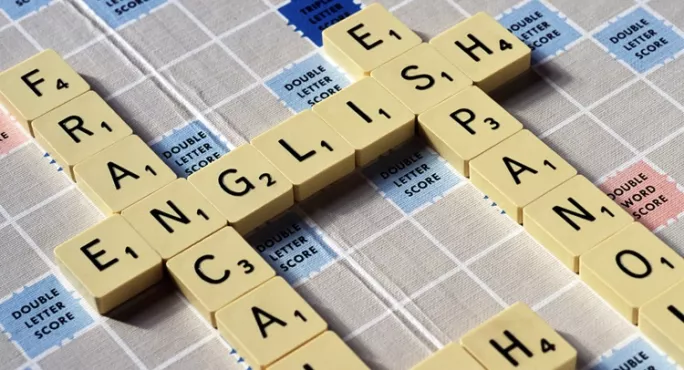There is a lack of understanding in schools about how learning a language can help pupils improve their literacy, MSPs have been told.
They also heard that pupils from deprived backgrounds may suffer most if opportunities to study languages diminish.
Francisco Valdera-Gil, a lecturer in modern languages at the University of Glasgow, told MSPs that some schools in deprived schools areas are not offering modern languages to pupils.
How the statistics look: Steep year-on-year drop in languages entries
Quick read: Subject choice has narrowed, say teachers
A dying language? The importance of using Scots in the classroom
Long read: Where next for Gaelic as it gains ground in education?
He said: “There’s a lack of understanding, although it’s very clear in policy, of the role modern languages plays in literacy. To me, that is not totally understood by the profession.
Deprived schools ‘don’t do modern languages’
“I work in teacher education, I also work with teachers delivering the [1+2 national policy], and I can see that there are schools in Glasgow that are most deprived [which] are the ones that tend not to do the modern languages.
“There are 4,000 words in English that come from French and it’s through the learning of language that our students are exposed to that.”
However, Glasgow education director Maureen McKenna later said that every school in the city offered languages, and that Mr Valdera-Gil had offered an apology for this statement.
Mr Valdera-Gil was addressing the Scottish Parliament’s Education and Skills Committee today as it continued an inquiry into the apparent narrowing of subject choices at secondary schools.
He also suggested that languages could be offered within the study of other subjects.
Mr Valdera-Gil, who was representing the modern languages sub-group of the Scottish Council of Deans of Education, said: “There’s no reason why modern languages could not be part of another qualification - there’s no reason why it cannot be part of science, of geography, of art, of any other subject.
“I think there is a notion in the four nations of the UK that people are just bad at languages; the thought that a language is more difficult than another subject - it is not.
“But whether we like it or not, that is a myth that people live with and that makes them not take the subject.”
He added: “There is work to be done in schools to convince the population, to manage their expectations, that languages can be done.”
Meanwhile, Catriona MacPhee, chair of Comann Luchd-Teagaisg Àrd Sgoiltean (the Gaelic Secondary Teachers’ Association), warned MSPs that reduced subject choice is affecting Gaelic learning.
She said: “The narrowing of subject choices in many Scottish schools has had a profoundly negative effect on the uptake of Gaelic - especially, but not exclusively, that of Gaelic learners.
“It does need urgent intervention to protect Gaelic itself, Gaelic education and, most relevant today, the right of Scotland’s young people to learn Gaelic in their schools.”




